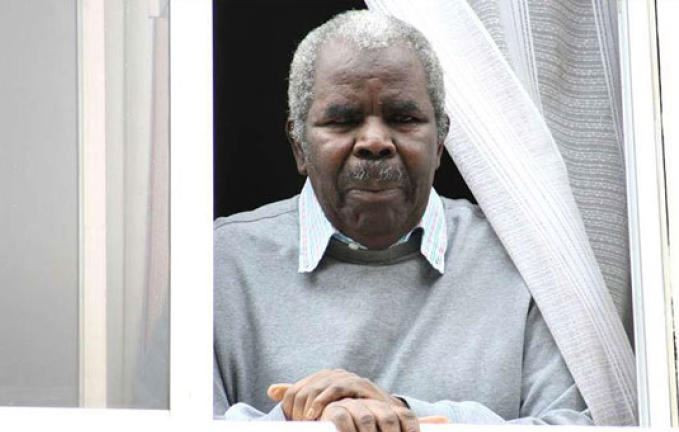×
The Standard e-Paper
Stay Informed, Even Offline

Gerishon Kamau Kirima was a prominent Kenyan politician and real estate investor. Born on the slopes of the Aberdare Ranges, Kirima dropped out of school at a young age to help his parents pick tea at their home in Kiruri, Murang'a County.
He served in various political capacities, including as the Member of Parliament for Starehe Constituency, Deputy Mayor of the then Nairobi Municipality (now Nairobi City County), and as an assistant minister in President Moi's cabinet.